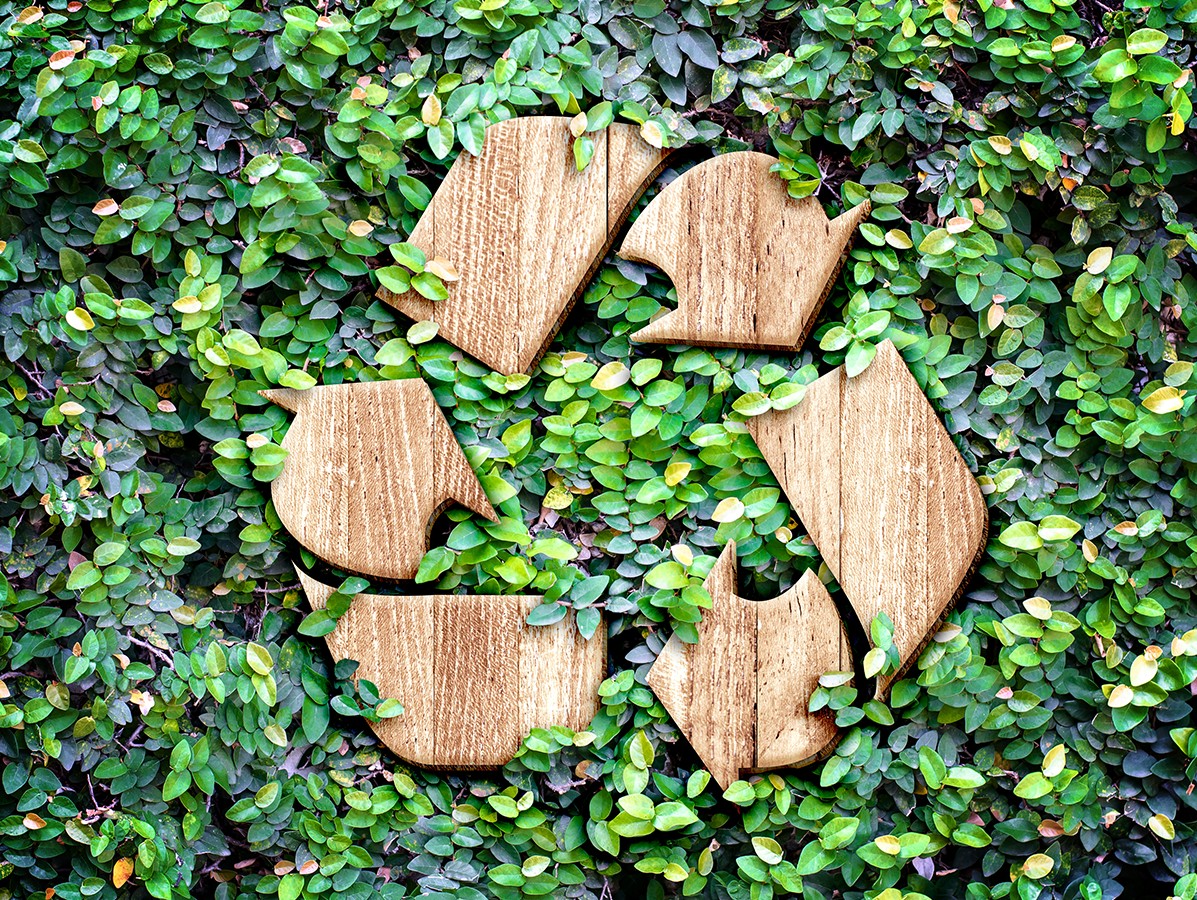
Wageningen Food & Biobased Research is going to help the municipality of Apeldoorn to close the local organic waste cycle. This is done in CityLoops, the European project that aims to embed circularity in urban waste policy. The pilot project is being held among 7 European cities, Apeldoorn is one of them. The focus is on organic waste and reuse of construction and demolition waste. Both waste streams have a significant ecological footprint.
The project will be tackled in three phases: the preparation phase (collection and pre-treatment of waste), the demonstration phase (implementation and testing of solutions) and the replication phase (scaling up to regional and European level). At the same time, it explores how the public sector can use its purchasing power to create a market for end products made from locally collected organic waste.
According to Edwin Keijsers, researcher at Wageningen Food & Biobased Research, organic waste offers a wealth of valuable components for new materials and products: "Each year we produce around 130,000 tonnes of organic waste in the EU, most of which is now treated or incinerated in a low-grade state. 68% of this is the result of food waste. In Wageningen, we are developing technological pathways to keep valuable components from various types of waste in the cycle. We do so by insulating and adapting these components for specific applications, such as paper and cardboard, bioplastics and textiles.
In addition to Apeldoorn, six other European cities are participating in the European Horizon 2020 project: Høje-Taastrup and Roskilde (Denmark), Mikkeli (Finland), Bodø (Norway), Porto (Portugal) and Seville (Spain). With their signature on the Circular Cities Declaration, the cities have committed themselves to bringing the circular economy to the next level through policy and regulation and to building together a broad European network of circular cities. The project started in October 2019 and runs until September 2023.
Image: ©weedezign/Shutterstock.com
Source: © Wageningen Food & Biobased Research